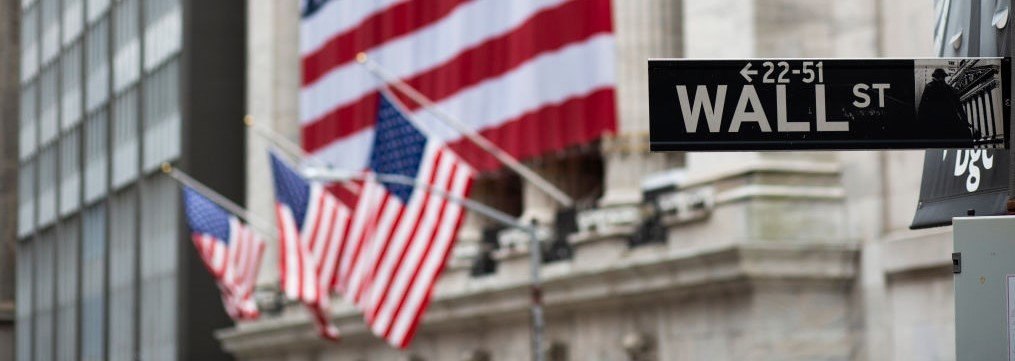Optimism about where the stock markets will be in 12 months is slipping.
According to the latest Economist/YouGov Poll, roughly three in 10 Americans (29%) say markets will be higher in 12 months, with about two in five (19%) say they’ll go down and 22 percent say it will stay the same.
Trended data shows the percentage of Americans who believe the stock market will go up in the next year has been decreasing since it reached a peak in mid-April, although the figure remains higher than it was in general prior to the pandemic.
Optimism shot up after the initial COVID-19-fueled crash in February, suggesting Americans believed it to be rock bottom for stock prices. That confidence then rose further after a series of relief measures from the American government in March, including the Coronavirus Aid, Relief, and Economic Security (CARES) Act.
While Republicans generally have a more optimistic view of the stock market compared to Democrats, confidence in the markets fell across all political stripes and this week sits at 48 percent among Republicans and 16 percent among Democrats.
Additional polling data suggests the 42 percent of Americans who say they own stocks are more likely than the general public to believe the stock markets will increase in the next 12 months (38% vs. 29%).
Over the course of the pandemic, the stock market has told a very different story of the American economy than other indicators. While jobless rates soar, stock markets have risen, erasing nearly all the losses from February and March.
The rising stock markets could, at least in part, be attributed to the overperformance of tech stocks, such as Amazon, Apple and Microsoft, which saw substantial gains in the last several months due to the pandemic, while other sectors have taken a dive.
Still, Americans don’t generally see the markets as a good indicator of how the economy is doing: only eight percent say it’s a good indicator, while 44% say the best way to gauge the economy is the unemployment rate and jobs reports. Another 25 percent say the prices of goods and services is the best indicator, followed by the state of personal finances at 11 percent.
See the toplines and crosstabs from this week's Economist/YouGov Poll
Methodology: The latest Economist survey was conducted by YouGov using a nationally representative sample of 1,500 US registered voters interviewed online between August 9 – 11, 2020. The sample was weighted according to gender, age, race, and education based on the American Community Survey, conducted by the US Bureau of the Census, as well as 2016 Presidential vote, registration status, geographic region, and news interest. Respondents were selected from YouGov’s opt-in panel to be representative of all US citizens. The margin of error is approximately 3.5% for the overall sample.











